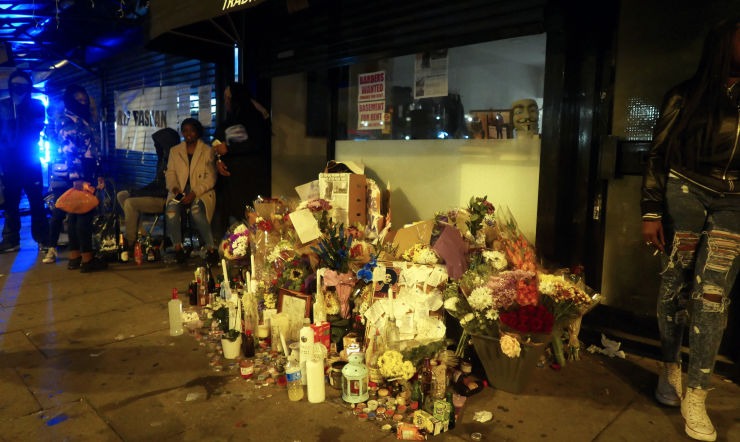
In March 2019, the European Parliament voted to address the institutional systems of Afriphiobia (‘anti-black racism’) that continue to affect an estimated 15 million people of African heritage in Europe. This community is denied the right to equality and non-discrimination in all areas of life; access to equitable justice and non-racialised policing; the full enjoyment of human and fundamental rights, and the use of effective programs for socioeconomic development which eradicate multi-generational poverty. Successive UK governments have consistently refused to recognise and address institutional racism as a cause of such disparities leading to a cycle of exclusions, unemployment, disablement, poor health and housing, unfair criminal justice outcomes, social deprivation and violence. This has led to past and current atrocities like the New Cross Massacre, Maafa War Crimes, the Windrush Scandal and the Grenfell tragedy.
There is no sustained, meaningful, national support for any grassroots program of remembrance for injustices such as these or Trans-Atlantic and colonial slavery. There has also been no engagement at a national level with international programmes like the United Nation's IDPAD despite evidence produced by the Cabinet Office in 2017 of an increase in institutional racism across every aspect of society. Instead the British government has slashed its developmental aid budget and actively championed the promotion of Empire and slavers in Hackney. Throughout 2020, the COVID-19 pandemic has had a disproportionate impact upon socio-economically disadvantaged families making their recovery more difficult that others. This hardship has affected vulnerable people of African heritage, causing trauma and loss as it takes the lives of elders and decimates the education, livelihoods and future life-chances of many young people.
